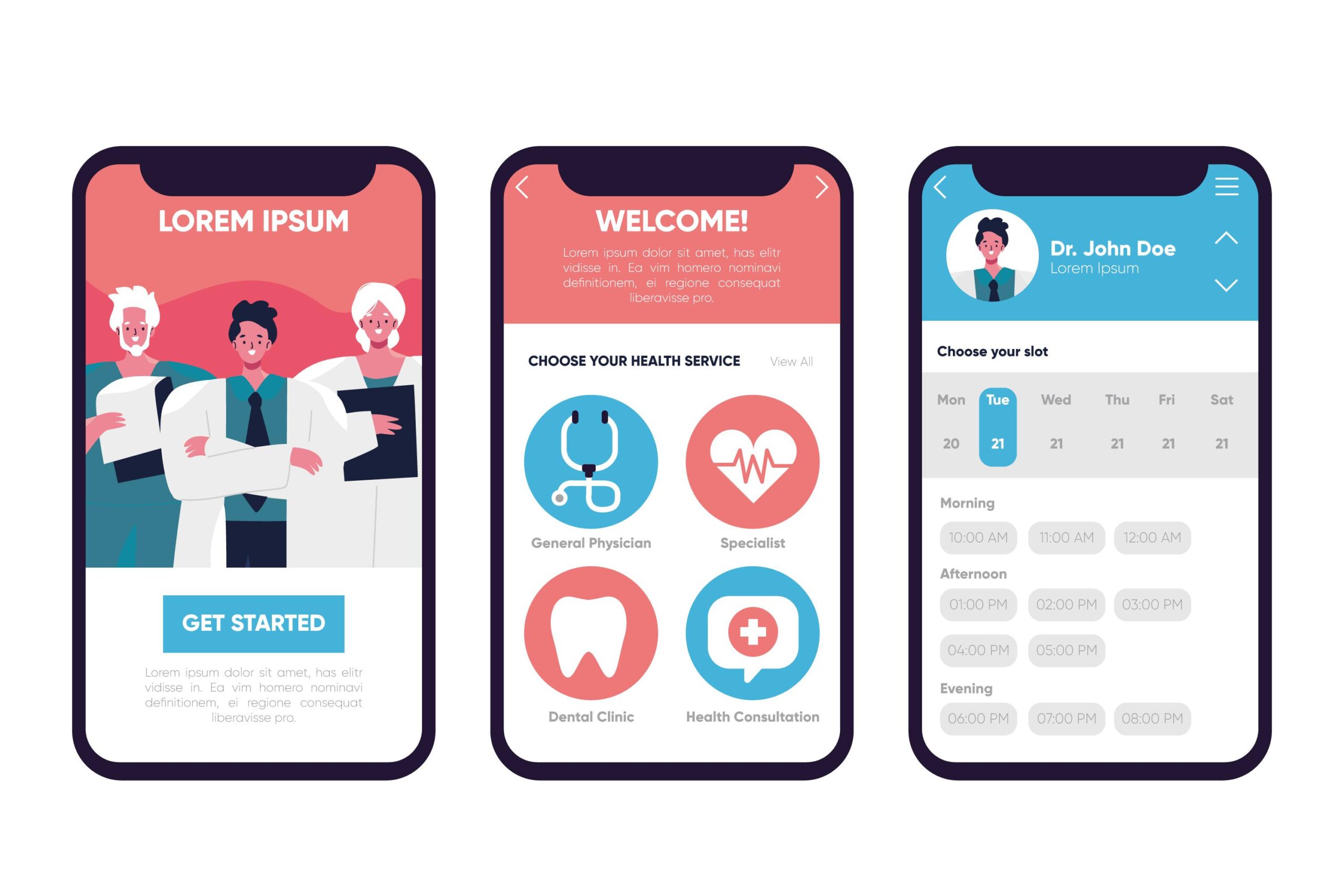In the era of digital innovation, healthcare apps have emerged as indispensable tools, reshaping the landscape of personal well-being. These applications go beyond mere conveniences, becoming proactive partners in managing health, fostering communication with healthcare providers, and promoting a holistic approach to wellness.
The Rise of Healthcare Apps
The proliferation of smartphones and the advent of advanced technology have paved the way for healthcare apps to become an integral part of our lives. These apps cater to a diverse range of needs, from fitness tracking to chronic disease management, providing users with a comprehensive approach to their health.
Personalized Wellness at Your Fingertips
One of the key advantages of healthcare apps is the ability to deliver personalized health insights. Through sophisticated algorithms and data analytics, these apps can process vast amounts of information, offering tailored recommendations based on individual health metrics, preferences, and goals.
Whether it’s tracking daily steps, monitoring caloric intake, or creating personalized workout routines, these apps empower users to take control of their health in a way that suits their unique lifestyle. The real-time feedback and data visualization features enhance awareness, motivating individuals to make informed decisions about their well-being.
Appointment Management Made Easy
Gone are the days of long wait times and cumbersome appointment scheduling. Healthcare apps streamline the process, allowing users to book appointments with healthcare professionals seamlessly. This not only saves time but also ensures that individuals have prompt access to medical advice and services.
Moreover, many healthcare apps send reminders for upcoming appointments, reducing the likelihood of missed visits. This proactive approach to healthcare management contributes to more effective treatment plans and preventive care.
Remote Monitoring and Telehealth Services
Healthcare apps have ushered in an era of remote monitoring, enabling individuals to keep tabs on their health parameters from the comfort of their homes. For those managing chronic conditions, such as diabetes or hypertension, these apps offer a lifeline, providing continuous monitoring and instant alerts for any deviations from normal ranges.
Telehealth services integrated into healthcare apps take this a step further, allowing virtual consultations with healthcare professionals. This not only improves accessibility, particularly for those in remote areas, but also minimizes the need for unnecessary hospital visits. The convenience of virtual consultations promotes regular check-ins, fostering a proactive and preventative approach to healthcare.
Encouraging Healthy Lifestyles
Beyond medical monitoring, healthcare apps play a pivotal role in promoting overall well-being. From nutrition tracking to mental health support, these apps offer a holistic approach to a healthy lifestyle.
Nutrition apps assist users in making informed dietary choices, tracking their food intake, and ensuring they meet their nutritional goals. Mental health apps provide resources for stress management, meditation, and sleep improvement, recognizing the interconnectedness of physical and mental well-being.
Challenges and Considerations
While healthcare apps offer tremendous benefits, challenges exist, particularly concerning data privacy and the need for reliable information. Ensuring the security of personal health data is paramount, requiring stringent measures from app developers and regulatory bodies.
Moreover, the abundance of healthcare apps makes it crucial for users to discern reliable sources from the myriad available. Understanding the importance of evidence-based information and choosing apps with verified credentials is essential to maximizing the positive impact of these tools.
The Future of Healthcare Apps
As technology continues to evolve, so too will healthcare apps. The future holds the promise of even more sophisticated AI-driven applications, providing predictive analytics, personalized treatment plans, and innovative solutions for preventive healthcare.
Interconnectivity between healthcare apps and wearable devices is another exciting frontier. This synergy could lead to more comprehensive health monitoring, with real-time data from wearables seamlessly integrated into healthcare platforms, offering a more holistic and accurate picture of an individual’s health.
In conclusion, healthcare apps have become catalysts for a paradigm shift in how we approach health and wellness. By leveraging the power of technology, these apps empower individuals to be active participants in their healthcare journey. As we navigate the ever-expanding landscape of digital health, the role of healthcare apps will undoubtedly continue to evolve, contributing to a healthier and more informed global population.


